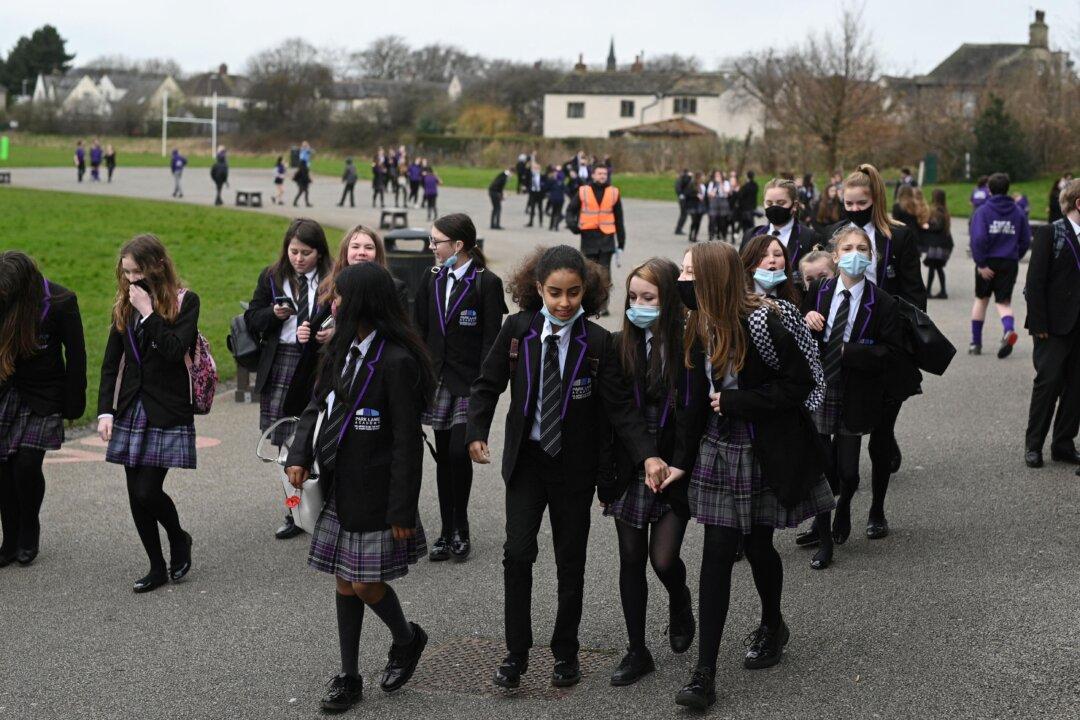Schools and colleges in England have no general duty to allow children to “socially transition” and parents should be informed of such requests with few exceptions, the government said on Tuesday.
In a draft guidance published for consultation, the Department for Education (DfE) also said schools “must always protect single-sex spaces with regard to toilets, showers and changing rooms.”





